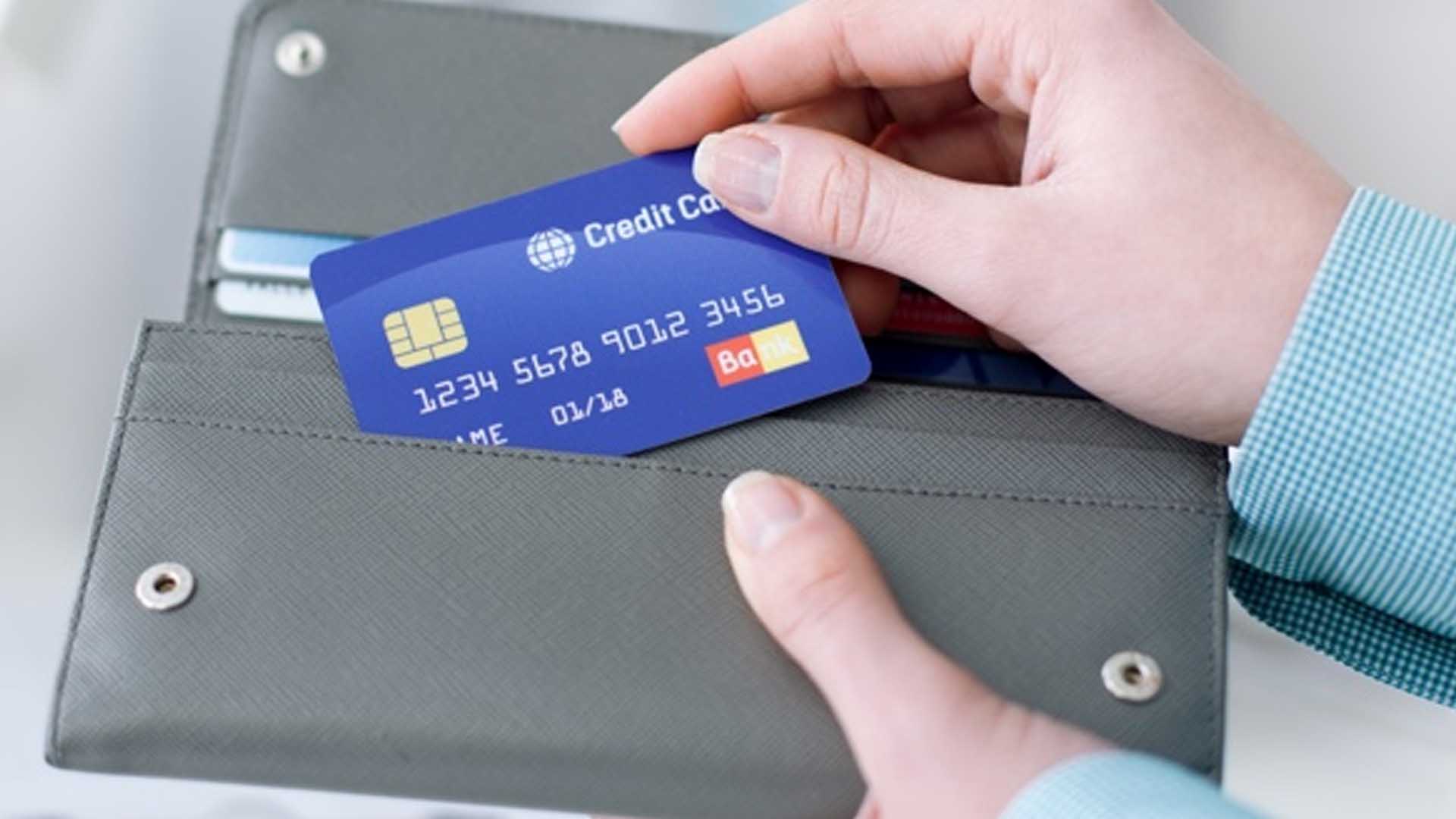The number of Filipinos falling victim to credit card scams have been growing. They may have clicked a phishing website or may have mistakenly shared sensitive private information with a fraudster. This is no surprise, considering that most people use the convenience of credit cards as a means of payment on mobile applications and web browsers. Fraudsters are also taking this opportunity of convenience since their risk of being identified and apprehended when doing fraudulent online transactions is very low.
Just five years ago, counterfeit credit cards were widespread. The implementation of Europay, Mastercard, and Visa (EMV) Chip enhanced the security of credit cards as it generates a unique code for every over-the-counter transaction. Fraudsters have now shifted to online fraud.
Phishing is another popular form of fraud. This happens when fraudsters attempt to trick cardholders into providing confidential information such as their log-in username and password, security questions and answers, and other account details. They usually send phishing emails that look like they came from banks, and ask the cardholder to update or confirm their account details. Phishing can also be done through mobile messages and fake websites. Any information disclosed can be used by the fraudster.
Then there is the account takeover — when a fraudster gathers information from an account holder to complete online transactions. Fraudsters may call a cardholder pretending to be a bank employee offering card upgrades or a security officer asking for confirmation of their card transaction. These convince the account holder to surrender card details and the one-time password (OTP) sent to their mobile phone. Once fraudsters have the OTP, they can use it for online transactions.
These are only some of the ways that credit cards can be compromised. Credit card companies and organizations, such as the Credit Card Association of the Philippines (CCAP), are proactive in educating customers on different modus operandi. These organizations also invest in fraud detection tools to monitor transactions. Cardholders, however, still need to do their part to protect their accounts. Being vigilant and educated on the different forms of fraud can help consumers them avoid becoming a victim.
The CCAP Security & Risk Committee have enumerated ways that cardholders can keep their accounts secure:
Always keep sensitive information private. This is the most important thing to remember when it comes to safeguarding accounts. Information such as credit card number, card expiry date, or the card verification value (the 3 digits at the back of the card) should be kept secured. Cardholders also should never surrender their credit cards to anyone. Banks won’t ask their customers to surrender their cards in exchange for services or promotional offers.
Don’t entertain calls wherein the caller asks for OTPs. Bank officers will never ask for a cardholder’s OTP, it isn’t meant to be shared with anyone.
Be cautious in replying to emails about banking information. Phishing emails can look legitimate these days. If cardholders receive an email requiring them to enter their banking details, it would be best to call the bank to verify the email’s authenticity. They should also be cautious when connecting to public Wi-Fi.
Regularly monitor transactions and accounts. This will help cardholders keep track of everything and see if there is any suspicious activity with their transactions. If cardholders suspect that they’ve become a victim of account takeover, they shouldn’t hesitate to call their bank so that they can arrange their account’s security.
Watch out for official bank notifications. Banks send cardholders emails or text messages to verify credit card transactions. Cardholders notice a suspicious transaction must call their bank immediately to report it. It also helps for cardholders to keep their contact information updated with their banks.
Now that fraudsters are finding more creative ways to secure sensitive information, it is important to be always vigilant. The government and organizations have numerous regulations and preventive measures for fraud, but cardholders should not just depend on institutions to keep their accounts safe. Every cardholder must know what to do in case of any suspicious activity and avoid becoming a victim of fraud.





















